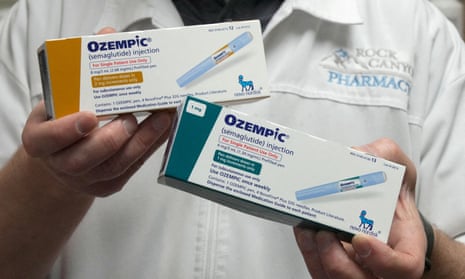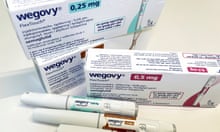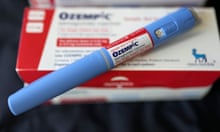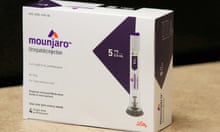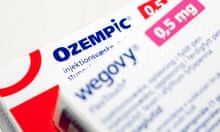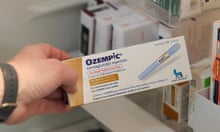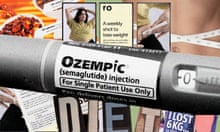Several people have been admitted to hospital in Austria after using suspected fake versions of Novo Nordisk’s diabetes drug Ozempic, the country’s health safety body has said, the first report of harm to users as a European hunt for counterfeiters widened.
The patients were reported to have suffered hypoglycaemia and seizures, serious side-effects that indicate that the product contained insulin instead of Ozempic’s active ingredient semaglutide, the health safety regulator Bundesamt für Sicherheit im Gesundheitswesen (BASG) said on Monday.
The European Medicines Agency (EMA) warned last week that pens falsely labelled as Ozempic were in circulation, and Austria’s criminal investigation service said on Monday that the fake injection pens could still be in circulation.
The Danish maker of the drug, Novo Nordisk, has warned of a rise in the online offers of counterfeit Ozempic as well as its weight-loss drug Wegovy, both based on semaglutide.
“It appears that this shortage is being exploited by criminal organisations to bring counterfeits of Ozempic to market,” said BASG.
When asked to comment on the Austrian cases, Novo Nordisk said in a statement that it was investigating and reporting every counterfeit case that came to its attention. It reiterated that it had increased efforts to monitor and take down illegal online offers.
“We recognise the limitations of this exercise and are conducting physical investigations where warranted,” Novo Nordisk said, adding that this at times involved specialised firms “on the ground” to help authorities track down counterfeiters.
BASG did not provide an exact number of people harmed by the fake Ozempic or say how long-lasting the adverse effects would be on their health.
The organisation running the EU’s medicines verification system, which conducts digital surveillance of drugs dispensed by pharmacists, has confirmed the EMA’s finding that no fakes had emerged in retail pharmacies.
The EMA and authorities in Germany and Britain, including prosecutors in south-western Germany, have been investigating a case in which bogus injection pens with German labels in genuine Ozempic packaging were allegedly sold from a wholesaler in Austria to Germany, and on to two British wholesalers.
BASG said it would not comment further on the case, to protect the investigation.
